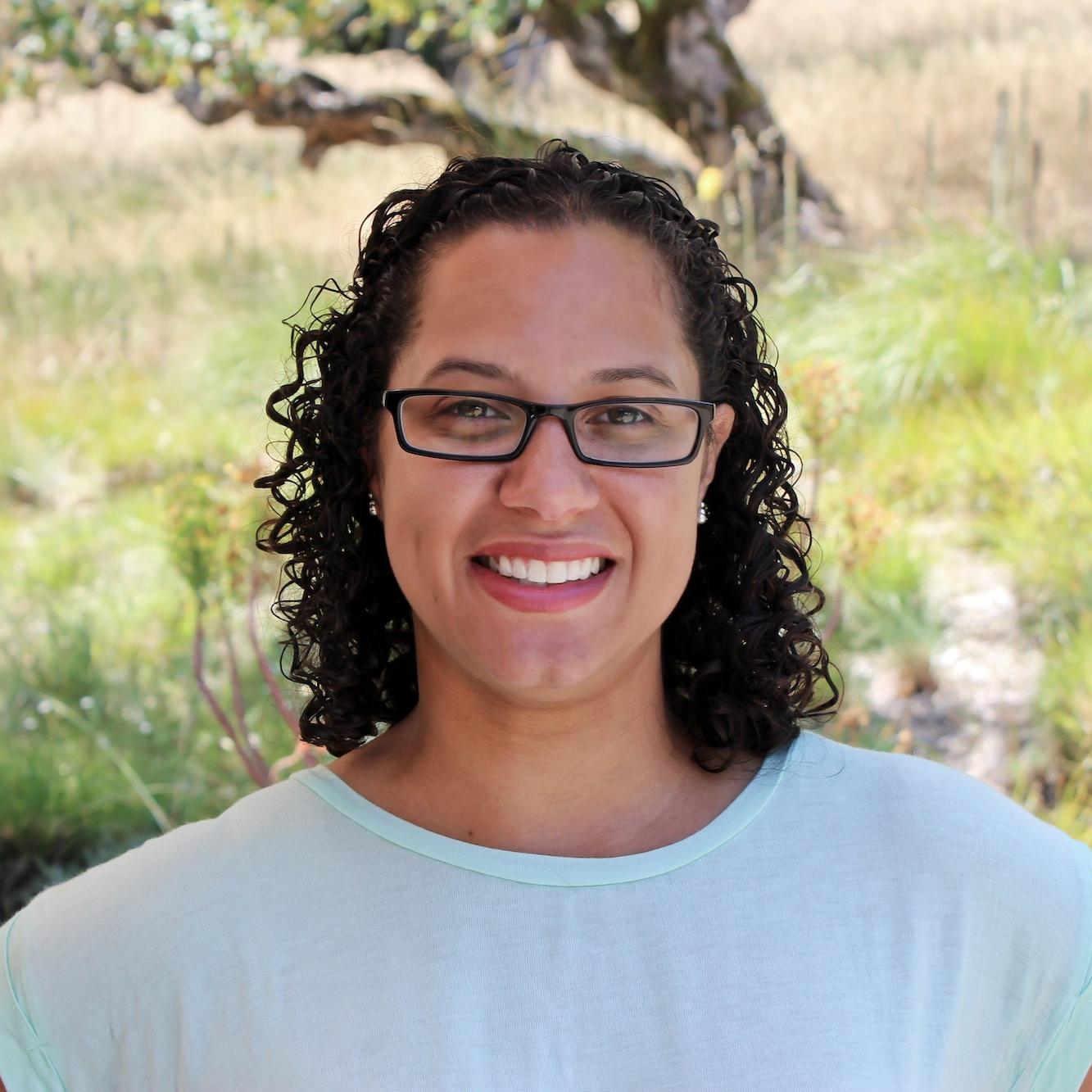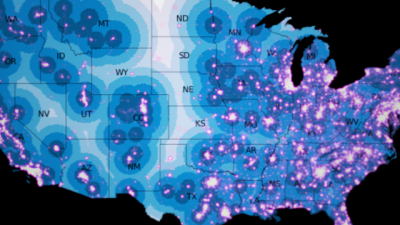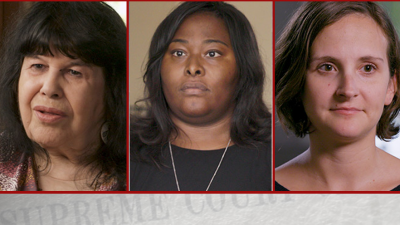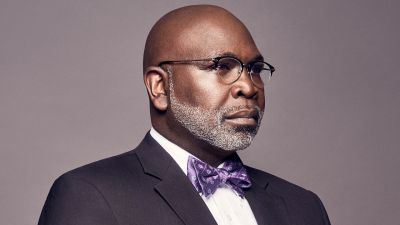It was six years before I told my mother about my abortion. It’s not that I thought she would be upset with me for having an abortion — I knew she supported abortion access — but I worried that she might be disappointed that I had become pregnant with an ex-boyfriend she disliked immensely. As a Black mother whose own mother couldn’t drive a car and never went to college, her greatest desire was to ensure I, her daughter, would live a life not defined by poverty, racism and misogyny. She wanted me to be able to explore the world and start a family on my own terms, when I was ready.
Sitting in my parked car, outside my apartment with no cell phone service, I mustered up all the courage I could and dialed her number.
“Mom. Can I tell you something?”
“Sure, honey. What’s wrong?”
She sensed the hesitation in my voice. I told her about getting pregnant at 19 and how I had decided an abortion was best for me at the time. As I spoke, I felt a weight lift off my shoulders. I didn’t realize how keeping this secret was impacting me and my relationship with my mother. My mom listened deeply and told me that she was proud of me, and supported me. Her only regret was that she wasn’t there to support me when I needed her.
In the years since telling my mom, and later my dad, about my abortion, I have shared it with thousands of people around the world. Sometimes it’s the first time they’ve heard someone speak openly about her abortion, and for many, it’s the first time they’ve been able to share their story back. We feel isolated until that powerful moment when we find someone we can confide in: someone who will listen, without judgment or ridicule.
One in four cisgender women in the United States will have an abortion by the age of 45. The majority of people who have abortions are religious, they’re people of color, they’re struggling financially, and they’re already parenting at the time of their abortion. Ninety-five percent of us don’t regret our decision, and 99 percent feel that it was the right decision at the time. It’s a common experience whether or not the stories are visible.
Our society — made up of people who love us — tells us we’re bad people for wanting an abortion, and at the same time endlessly shames those who have children they can’t afford or are unable to raise. Damned if you do. Damned if you don’t.
In response to an abortion story, adoption is sometimes suggested as the “perfect” alternative to abortion. Research shows those who seek adoption were mostly deciding between adoption and parenting. The debate also ignores the postpartum impact adoption can have on a birth parent, and the fact that some people simply do not want to be pregnant or the risks pregnancy can present to their lives. These are all truths we can learn by listening.
Our culture demonizes and silences people who have abortions. I’ve been called a “killer,” a “whore” and compared to a slave owner more times than I can count, simply because I am a biracial Black woman, unashamed about seeking an abortion when I needed it. Yet, the majority of Americans want abortion to be legal, affordable and based on medically accurate information, and our experiences to be free from shame and pressure. There’s a disconnect in what we as a nation say we want and how abortion experiences truly are.
The need for abortion sits at the intersection of human rights, health care and economic justice. Our stories illuminate failures of federal and local policy to address lack of access to comprehensive sexual health education in schools, support for survivors of rape, refusal to address the rising maternal health crises among communities of color and challenges to consistent access to contraception.
Some believe that one has to support abortion based on whether or not they would have one themselves. The truth is that few people really know what they would actually do when faced with an unintended or medically complicated pregnancy. Maybe you thought you’d have an abortion and you decide you are ready to parent. Maybe you thought you could parent and realize you can’t. Maybe your doctor tells you about a medical risk you never anticipated. Maybe your partner reacts differently than you expect. Maybe your family tells you they won’t support you if you give birth, or if you have an abortion.
The real question is whether or not you’d stand in the way of someone making that decision for themselves. It’s easy to be the back-seat driver on someone else’s life. Rather than tell someone what you would have done in their shoes, try listening without judgment and offer unconditional support.
One consistent thing I hear from people who’ve had abortions is that they wish they’d had more support. They wished someone had been there to hold their hair back as morning sickness took hold, or to hold their hand while they filled out mundane paperwork at the clinic. But most of all, they wish they had someone to share their story with. Everyone has the opportunity to be that person. Everyone has the opportunity to move through the world with a little more compassion.
Everyone loves someone who has had an abortion. And if you think you don’t, they just haven’t shared their story with you yet. The way you talk about abortion is the way you speak about someone you love. And don’t we all want a little more love in the world?




